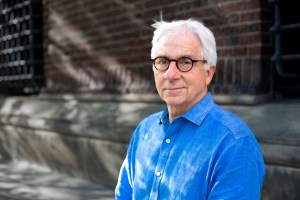
Findings
Insights, discoveries, and analysis from Harvard scholars and scientists.
-
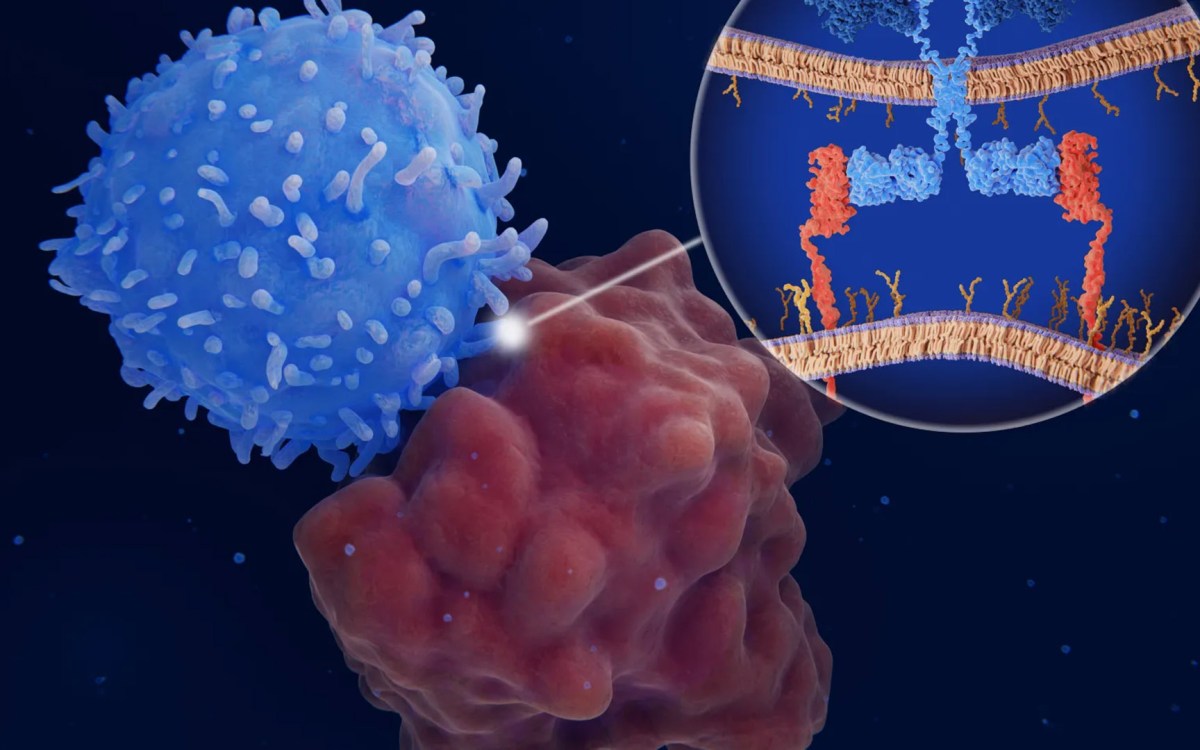
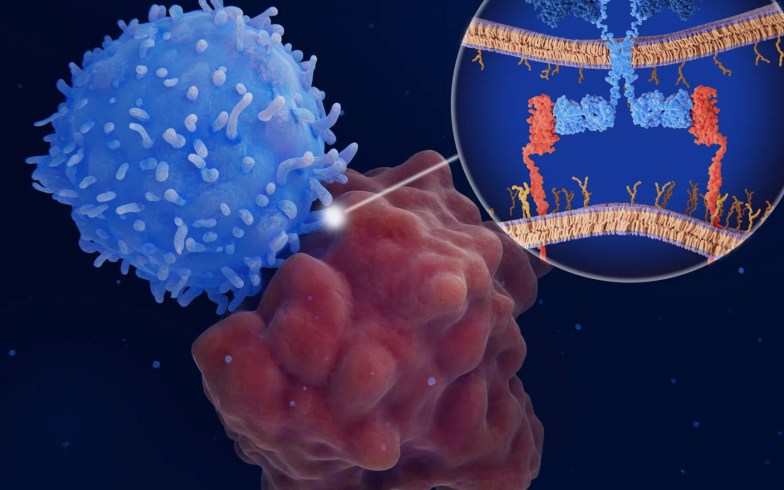
Unlocking the promise of CAR-T
Research on multiple fronts seeks to expand impact of a cancer therapy that has left patients and doctors awestruck
Sign up for the Findings newsletter
-
 Science & Tech
Science & TechLong in the tooth
Research finds 18-million-year-old enamel proteins in mammal fossils, offering window into how prehistoric animals lived, evolved
-
 Health
HealthWhy are women twice as likely to develop Alzheimer’s as men?
Researchers focusing on chromosomes, menopause
-
 Health
HealthMeditation provides calming solace — except when it doesn’t
Researchers find ways to promote altered states of consciousness, reduce risks of distress that affect some
-
 Science & Tech
Science & TechMounting case against notion that boys are born better at math
Elizabeth Spelke studies French testing data, finds no gender gap until instruction begins
-

-
 Science & Tech
Science & TechCan AI be as irrational as we are? (Or even more so?)
Psychologists found OpenAI’s GPT-4o showing humanlike patterns of cognitive dissonance, sensitivity to free choice
-
Need to boost population? Encourage dads to step up at home.
New historical research by economist Claudia Goldin finds link between fertility rates, gender roles
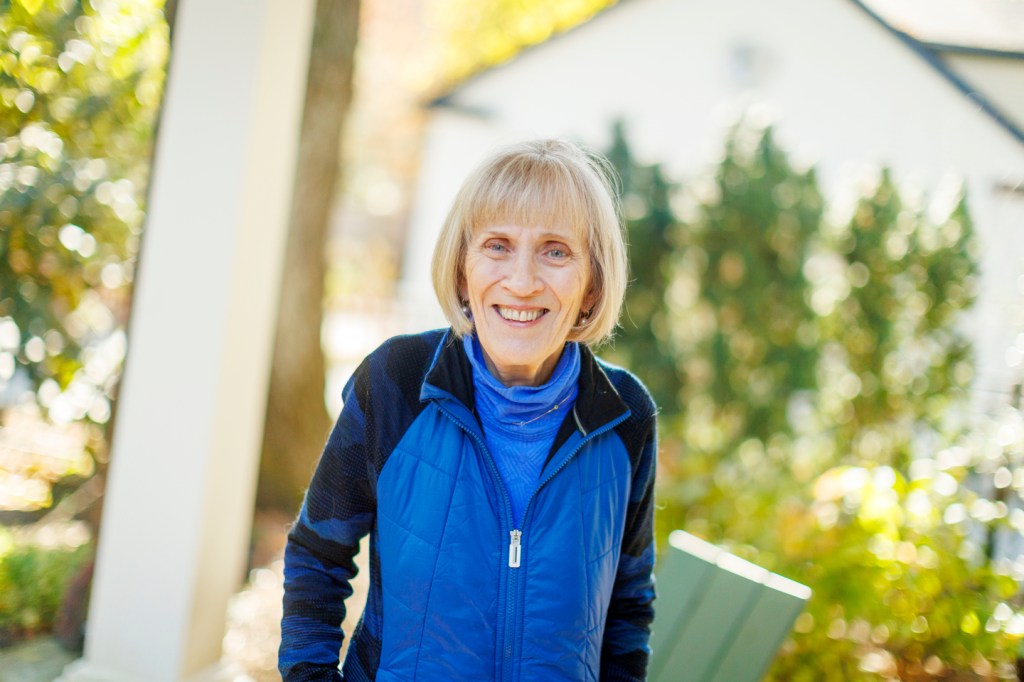
-
How exactly does ketamine work? New research offers insight.
Anesthetic growing in popularity as game-changing therapy for severe, treatment-resistant depression
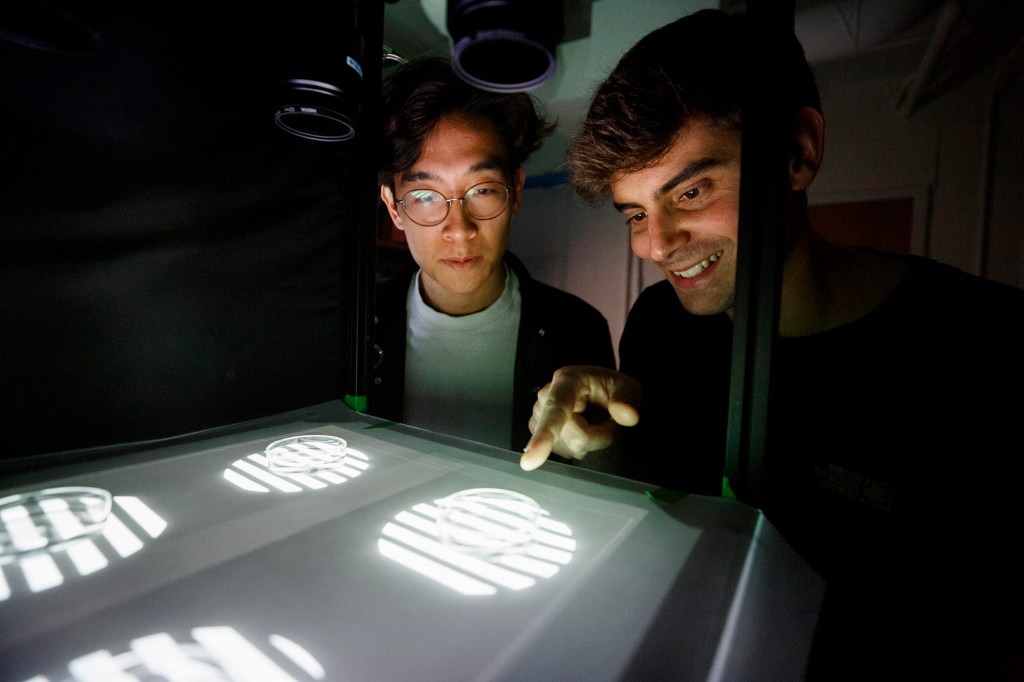
-
New study maps the ‘dental deserts’ in the U.S. — and there are lots of them
Harvard research shows 1.7 million lack access to care

-
Researchers make leap in quantum computing
Trapping molecules for use in systems may help make ultra-high-speed experimental technology even faster
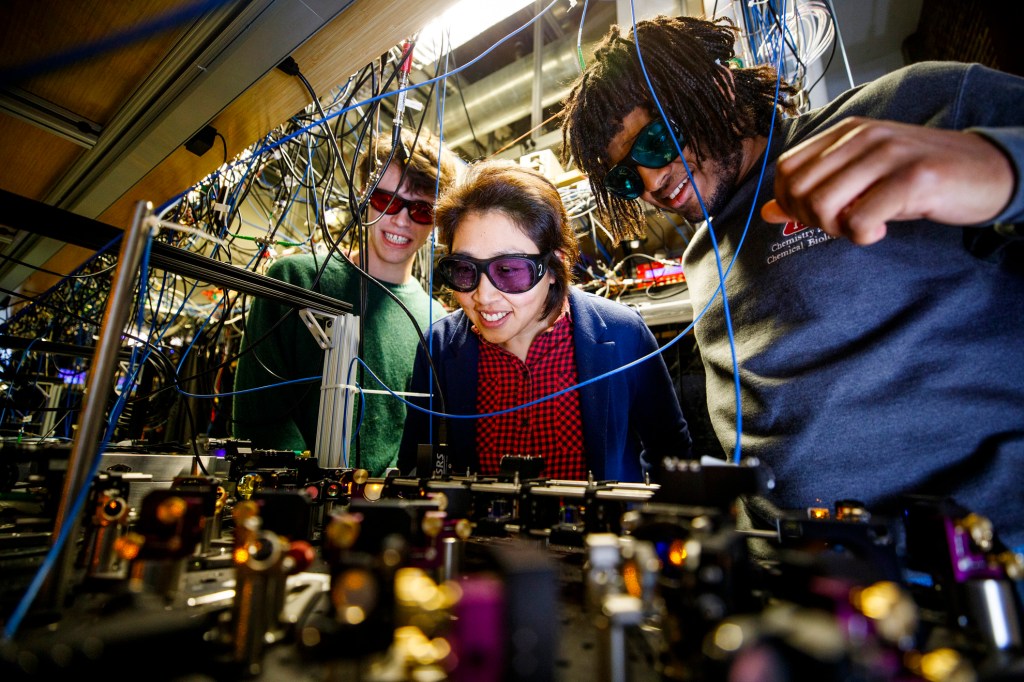
-
Is small thinking the new American way?
Study says tighter land-use controls have hurt productivity and innovation among builders, fueling housing crisis

-
Wish you had a better memory?
Take our research-based quiz for tips on improving recall when it matters most

-
Gender-affirming care rare among U.S. youth, study says
Fewer than 1 in 1,000 transgender youth receive hormones or puberty blockers
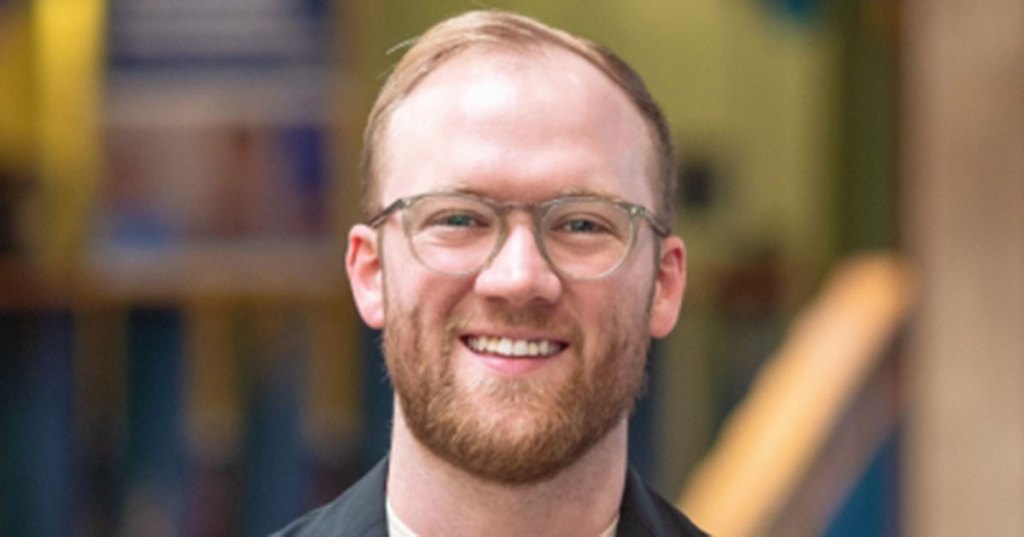
-
Unfuzzy math: U.S. needs to do better
Ed School expert has some ideas, including a rethink of homework bans, after ‘discouraging’ results
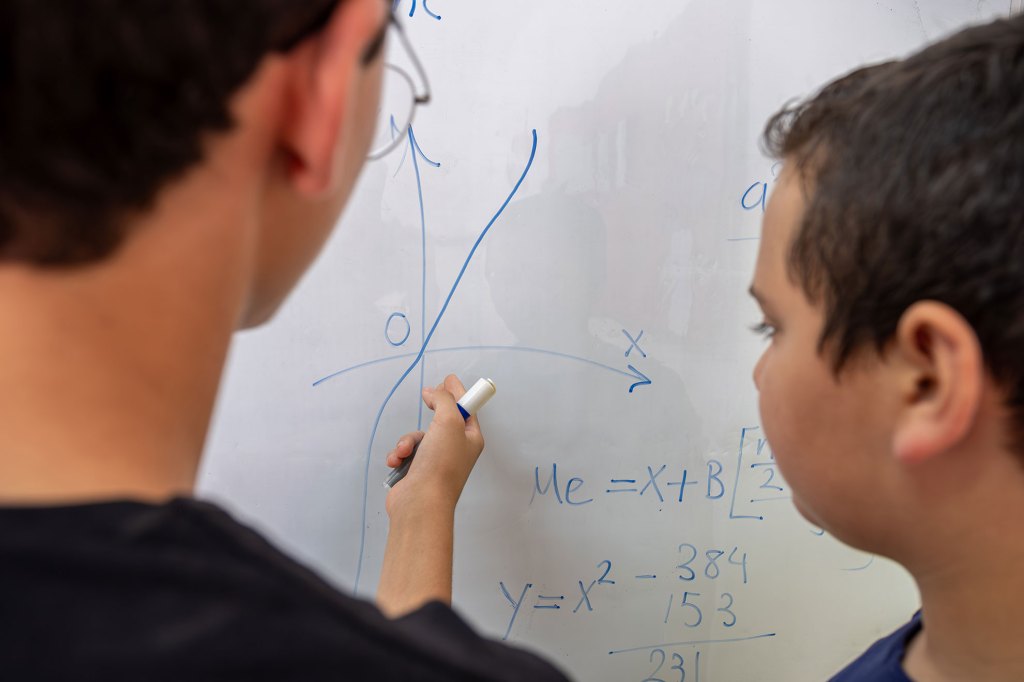
-
Nature offers novel approach to oral wound care
Slug’s sticky mucus inspiration behind adhesive hydrogel that can seal wounds in wet environment
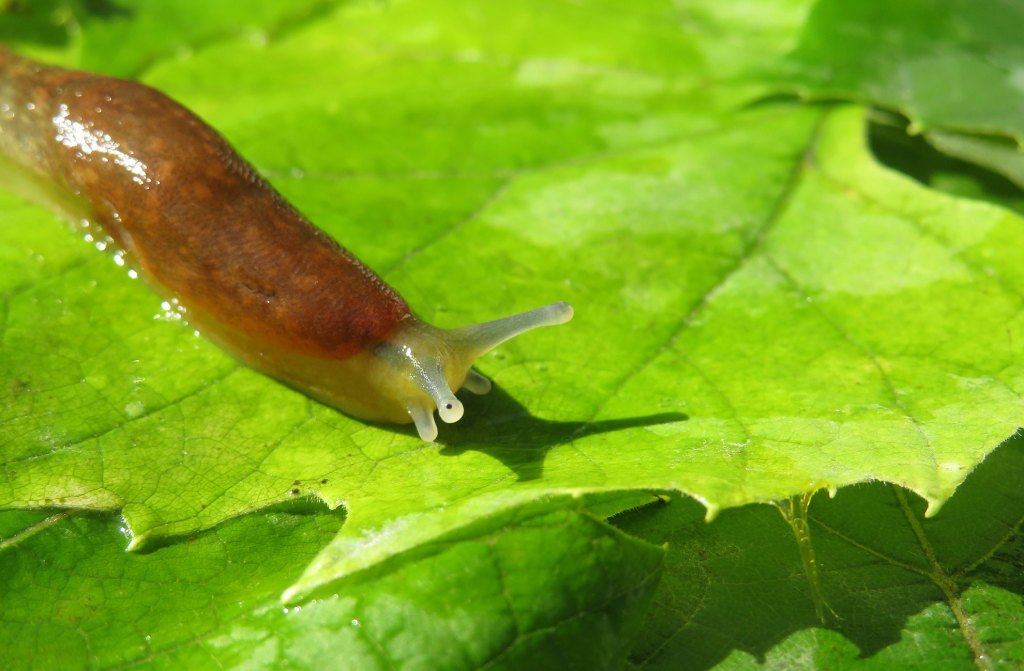
-
Time for a rethink of colonoscopy guidelines?
Change informed by new findings would help specialists focus on those most at risk, researcher says
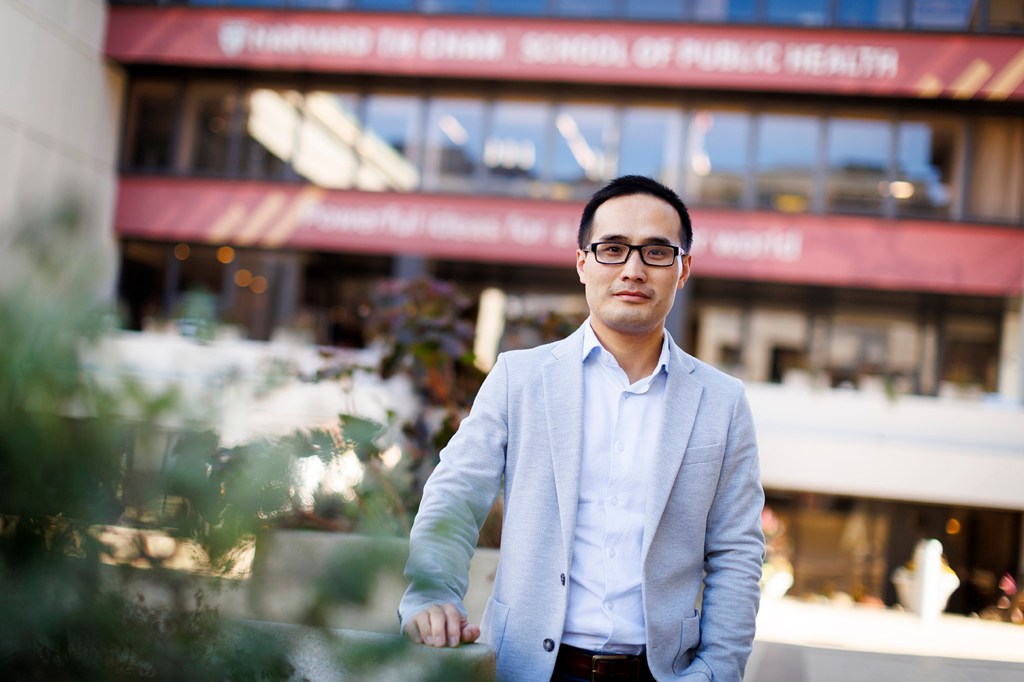
-
The deadly habit we can’t quite kick
Actions by tobacco companies worry researcher even amid ‘dramatic decrease’ in smoking among young Americans
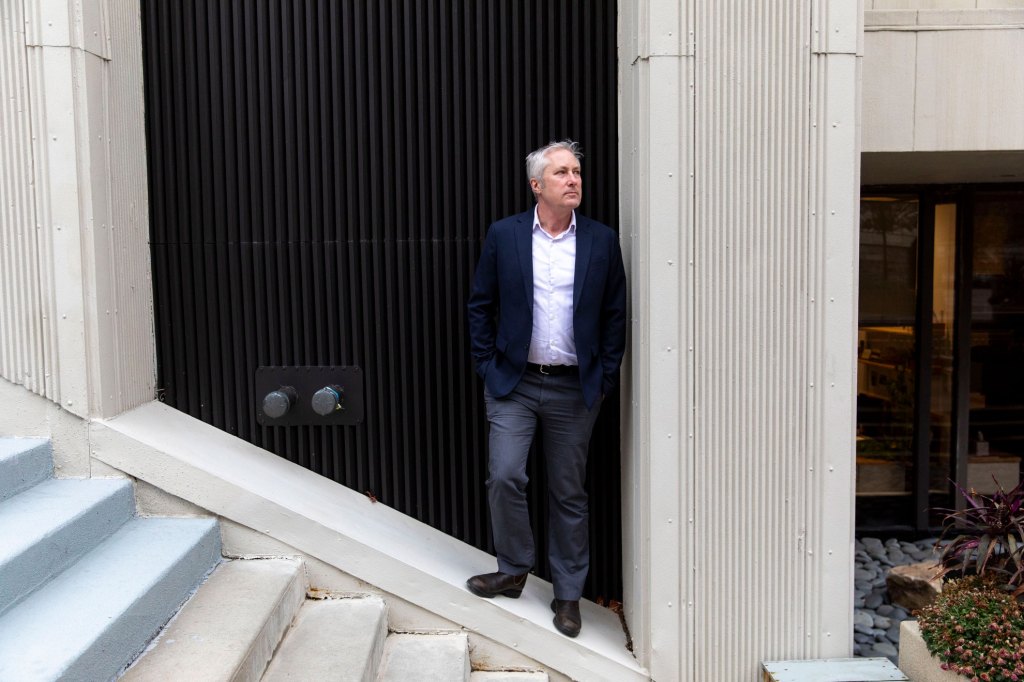
-
Real reason ACL injury rate is higher for women athletes
Study finds flaw in key sports science metric

-
Exact cause of Notre-Dame fire still unclear. But disaster perhaps could’ve been avoided.
Leadership expert says foreseeable factors all contributed to complex failure. Consistent focus needed on best practices, rules, procedures.

-
Why do gliomas tend to recur in the brain?
First look at the interplay between neurons and tumors sheds light on formation, spread
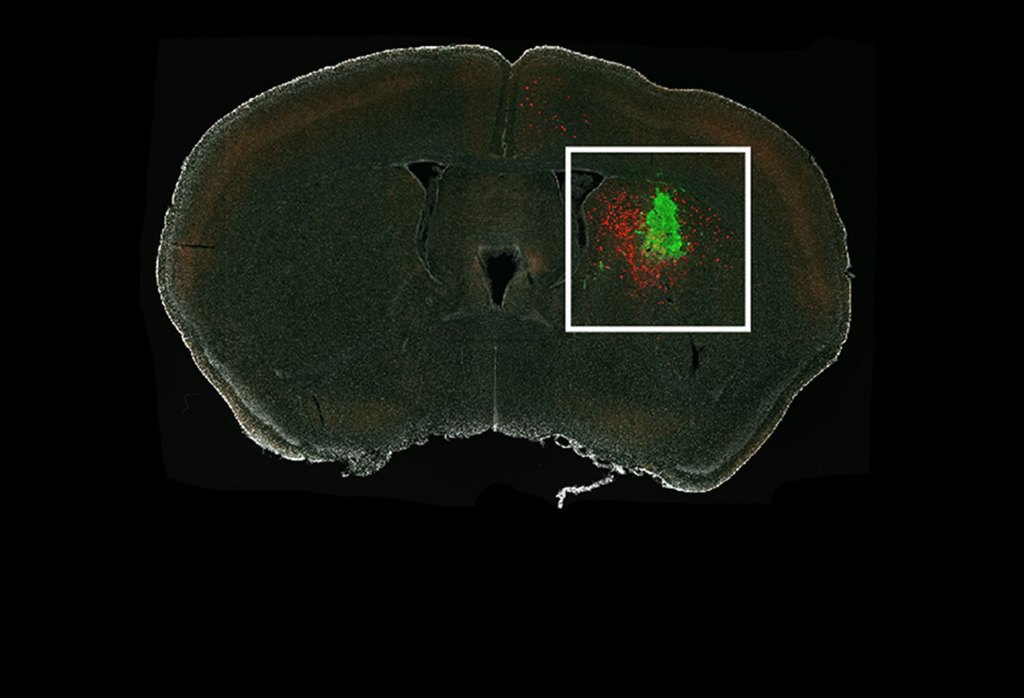
-
Probe the gut, protect the brain?
In fight against Parkinson’s and other disorders, two-way connection may someday lead to a breakthrough
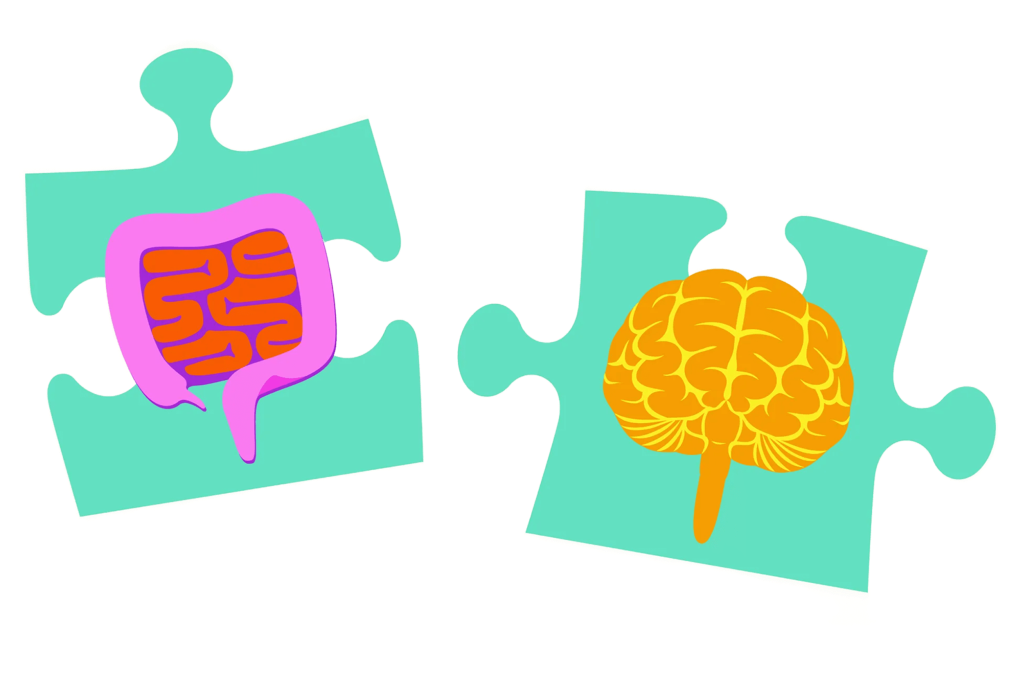
-
A common sense, win-win idea — and both right, left agree
Poll measures support for revenue-sharing plan on renewable energy that helps states, localities, and environment
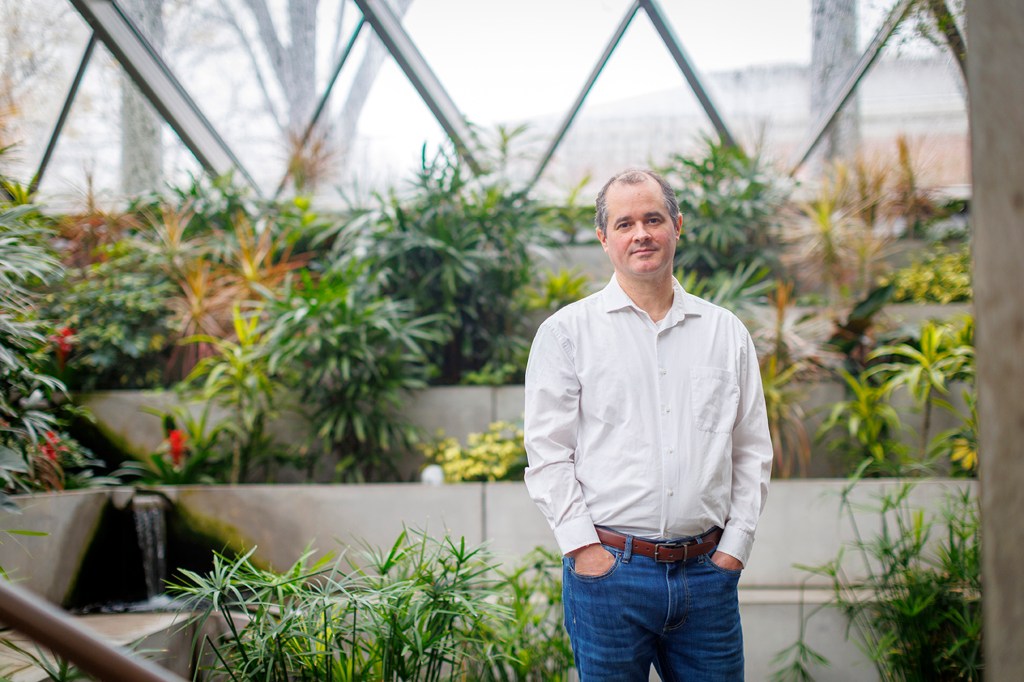
-
Why be kind? You might live longer.
Take our research-based quiz on biological benefits of being good
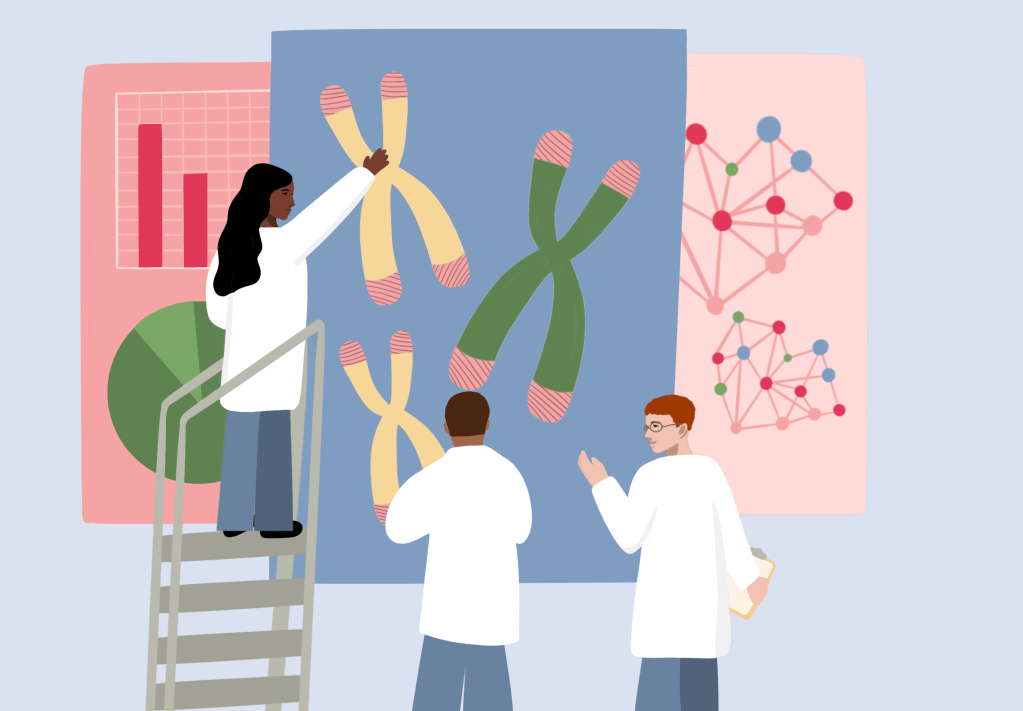
-
Score another point for the plants
Study finds 1:2 ratio of plant to animal protein lowers risk of heart disease

-
Dance the audience can feel — through their phones
Engineer harnesses haptics to translate movement, make her art more accessible

-
How HIV research has reshaped modern medicine
Decades of scientific work turned the tide on a fatal disease and yielded insights into immunity, vaccines, and more

-
Ever wonder why your dog does this?
Study decodes neural mechanism that causes hairy mammals to shake their fur when wet

-
Rapid relief for the severely depressed? There’s a catch.
Ketamine carries risks, say researchers. Yet for some patients, it’s ‘the only thing that works.’

-
How humans evolved to be ‘energetically unique’
Metabolic rates outpaced ‘couch potato’ primates thanks to sweat, says new study
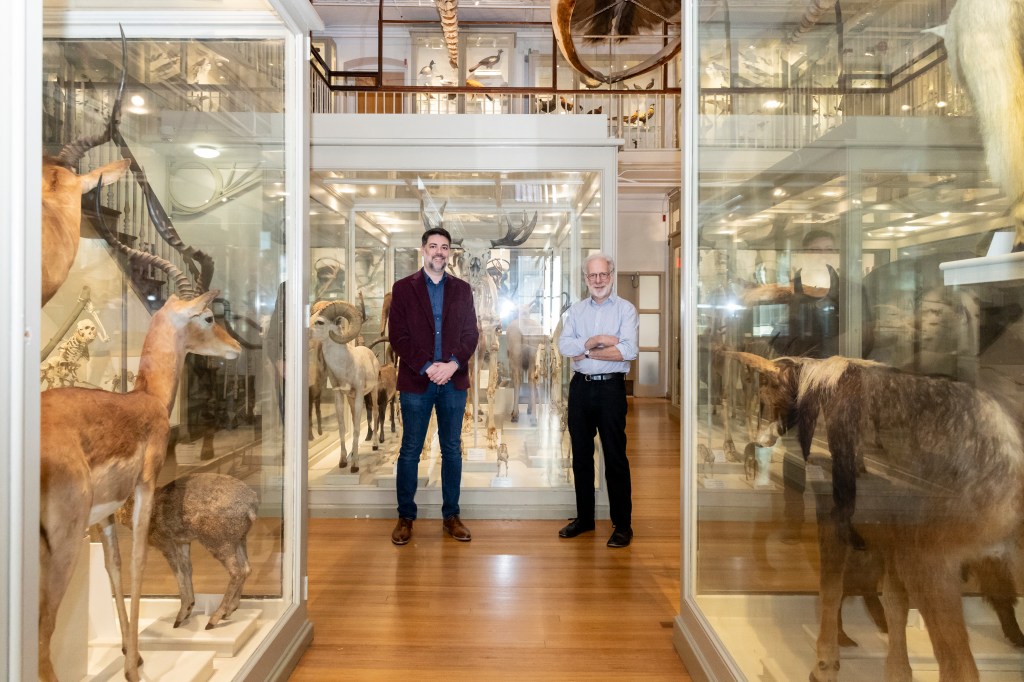
-
Too much sitting hurts the heart
Even with exercise, sedentary behavior can increase risk of heart failure by up to 60%, according to study

-
‘Harnessing evolution’
New tool allows researchers to study gene mutation directly within living human cells
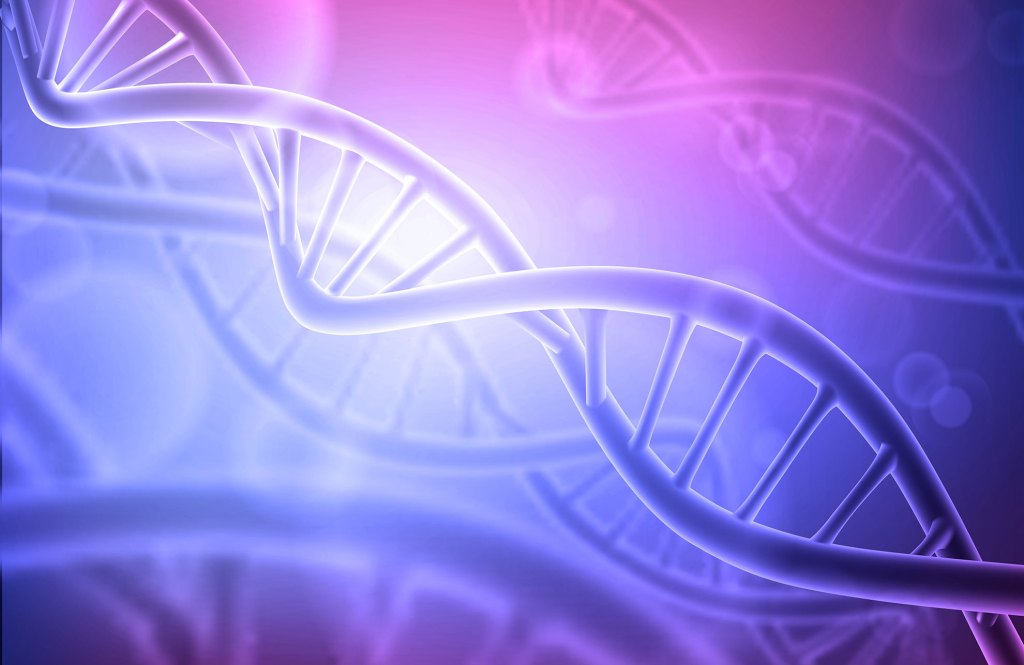
-
How mammals got their stride
Revealing twists, turns of evolution from sprawling to upright posture
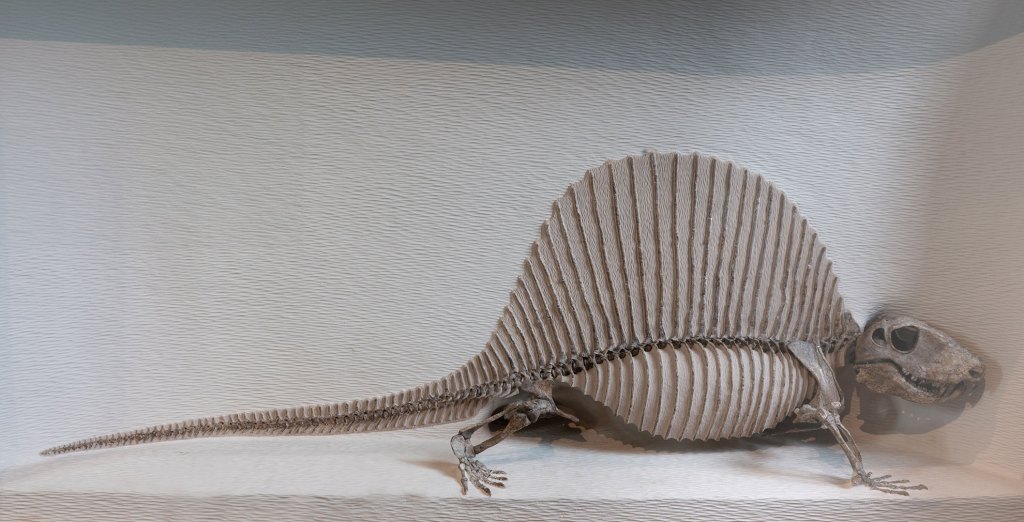
-
Study pinpoints optimal timing for RSV vaccine during pregnancy
Five weeks before giving birth best transfers maternal antibodies to the fetus, say researchers

-
Cutting through the fog of long COVID
Researchers say new AI tool sharpens diagnostic process, may help identify more people needing care

-
U.S. fertility rates are tumbling, but some families still go big. Why?
It’s partly matter of faith. Economist examines choice to have large families in new book.
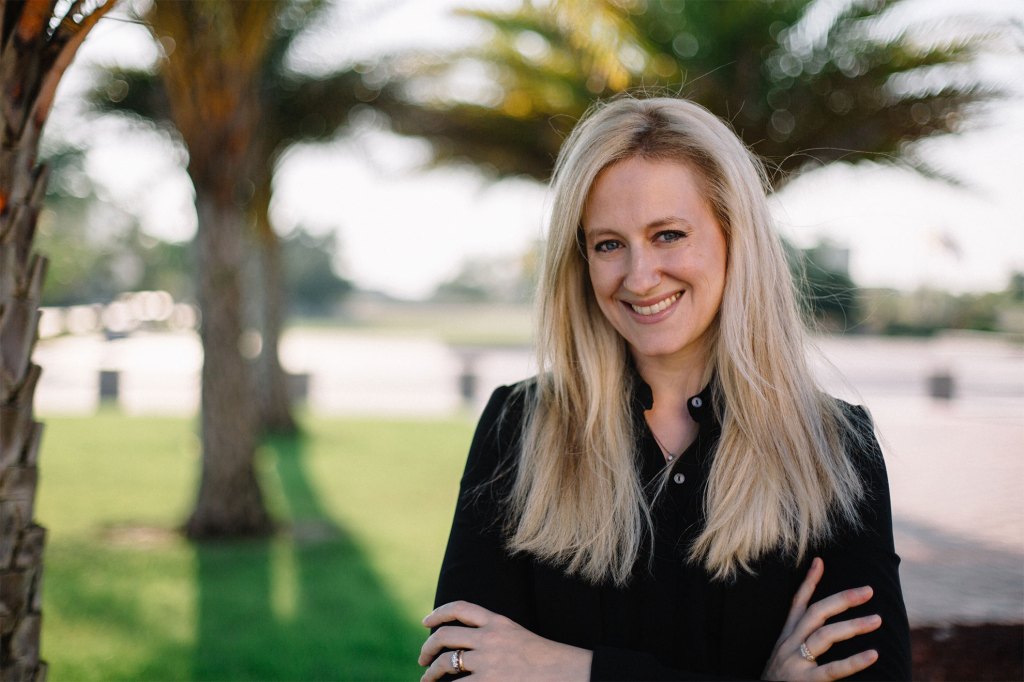
-
Warning for younger women: Be vigilant on breast cancer risk
Pathologist explains the latest report from the American Cancer Society






